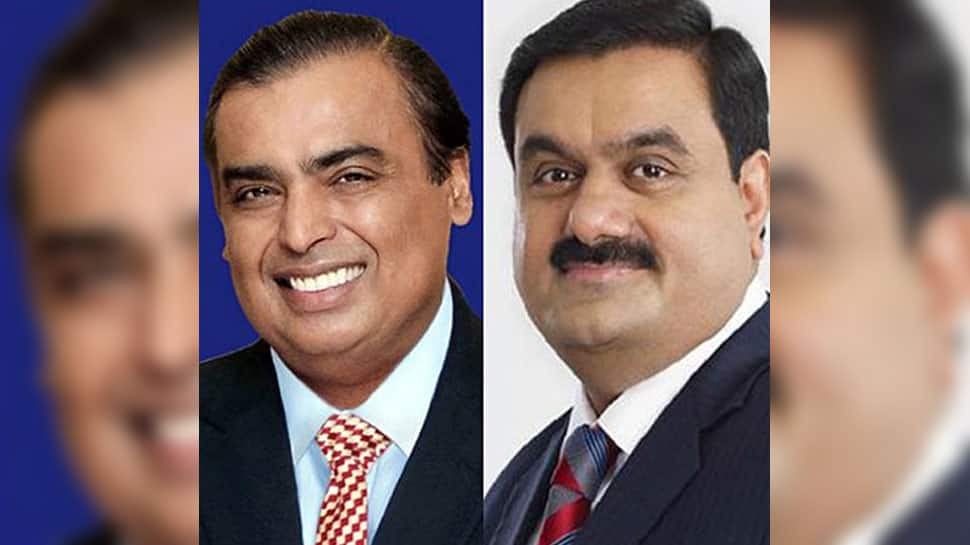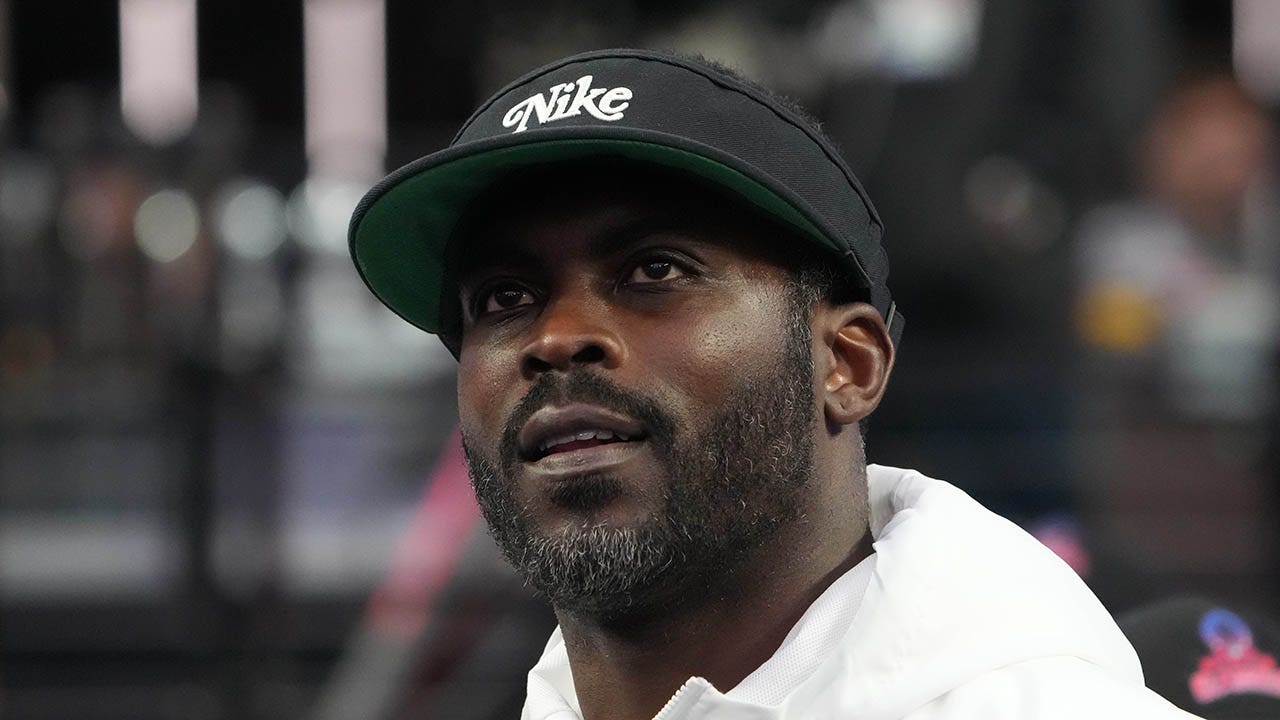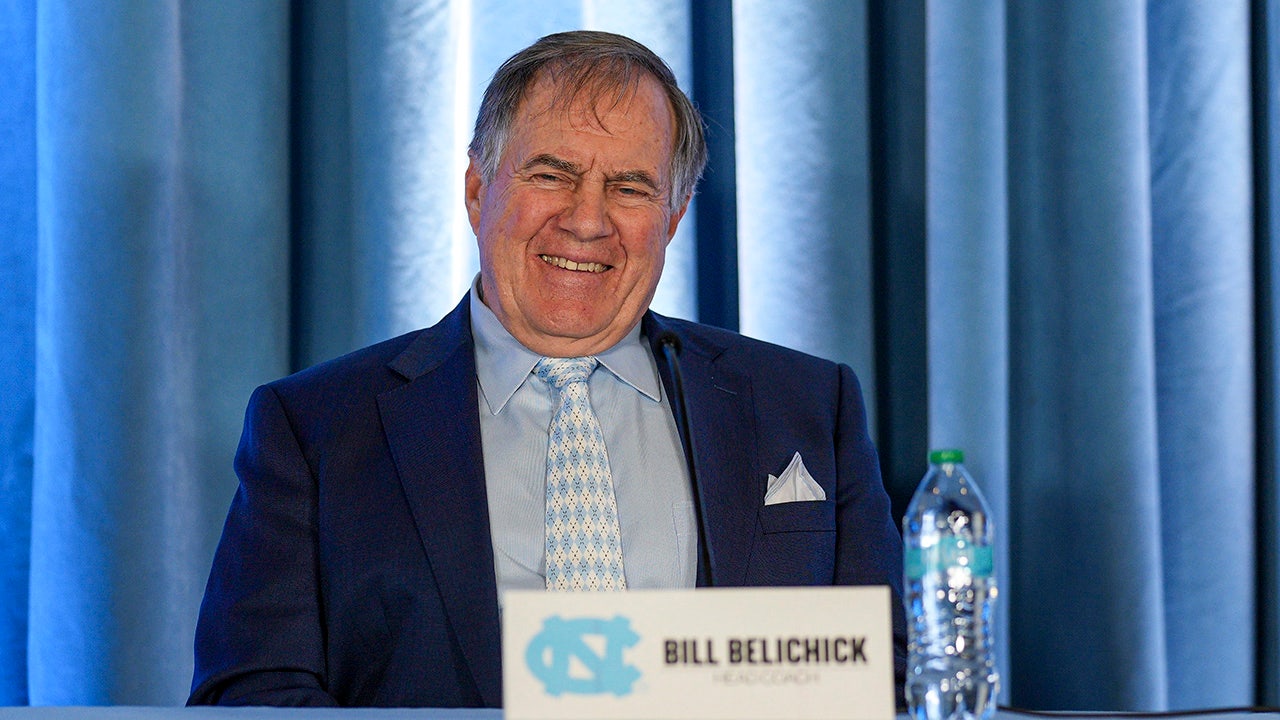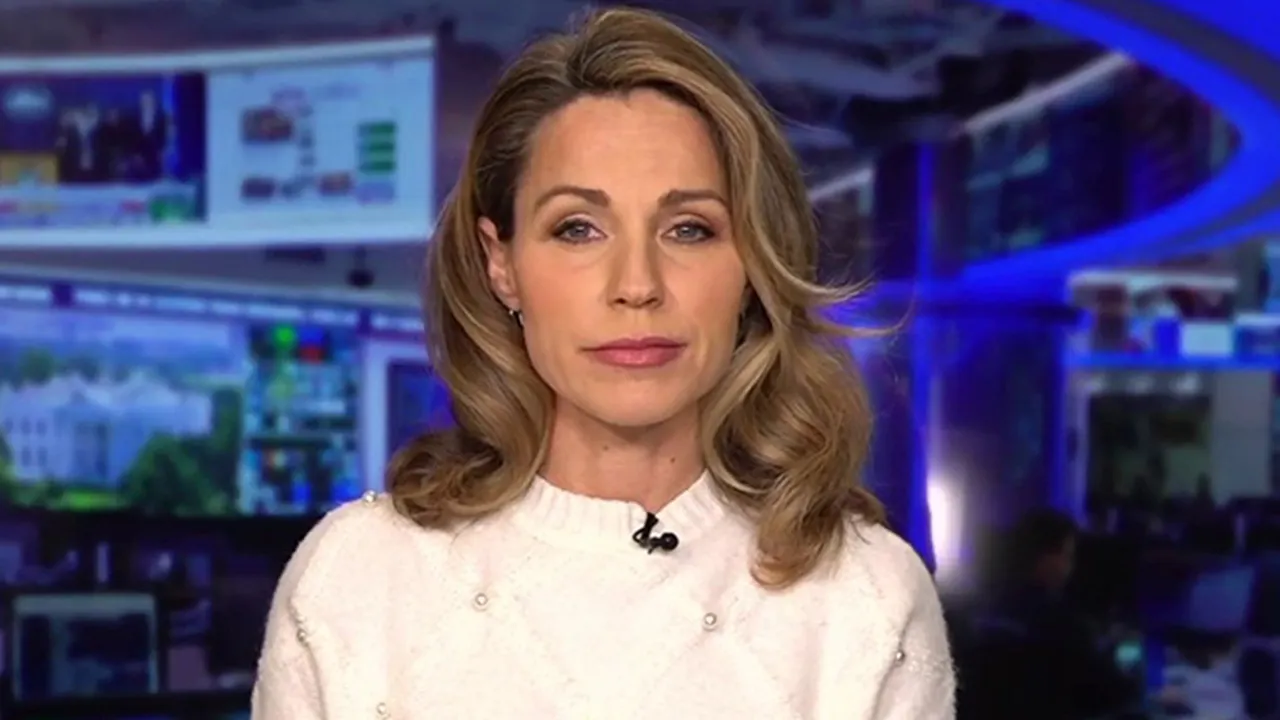Millions of workers will benefit from a 2p cut in national insurance as Jeremy Hunt announced moves to ease the tax burden ahead of next year’s general election.
The Tory chancellor said the two per cent reduction in the national insurance rate will save someone earning £35,000 more than £450, and that the change would benefit 27 million people.
He also confirmed a tax break for big businesses who invest will be made permanent something that he claimed was the “biggest business tax cut in modern history”.
Mr Hunt claimed it amounted to “the biggest package of tax cuts since the 1980s”. But the Office for Budgetary Responsibility (OBR) said the plans mean the tax burden would hit a post-war high by 2028/29.
The Independent takes a look at the big winners and losers from the chancellor’s autumn statement:
Winners:
27 million workers
The chancellor’s big “rabbit in the hat” trick was a 2 per cent cut to national insurance, which will benefit 27 million people as soon as January.
Workers earning up to £50,000 currently pay 12 per cent in national insurance contributions (NIC), so will now pay 10 per cent. It means somebody on the average salary of £35,000 will save more than £450 a year.
However, there was no income tax cut. And the Office for Budget Responsibility (OBR) pointed out that the “fiscal drag” process – frozen tax thresholds – will mean nearly four million additional workers paying income tax, and around three million more moving into the higher rate.
Rishi Sunak and Jeremy Hunt were under pressure to cut taxes
(UK Parliament /AFP via Getty Images)
Pensioners
People drawing a state pension who feared that Mr Hunt might wiggle out of the triple-lock promise with some clever accountancy trick can breathe a sigh of relief.
Mr Hunt announced that the state pension will rise by 8.5 per cent from April, in line with the triple-lock commitment) whichever is highest from earnings, inflation or 2.5 per cent). The move will be worth up to £900 a year.
Self-employed
The chancellor has abolished class 2 national insurance contributions for the self-employed. It will save the average self-employed worker £192 a year.
The chancellor also cut the class 4 national insurance contributions from 9 per cent to 8 per cent. Taken together, the moves will save self-employed people an average of £350 a year.
Pubs and other small businesses
Mr Hunt has announced a freeze on alcohol duty until next August under pressure from the hospitality industry. He also re-committed to the so-called Brexit pubs guarantee – so pints in pubs are taxed less than booze bought from shops.
He also extended a 75 per cent discount on business rates for retail, hospitality and leisure businesses which have struggled to bounce back after Covid.
Hunt heckled as he announces benefits will be stopped
Losers:
Benefit recipients
The chancellor was heckled as he announced a new crackdown on welfare payments, saying those who fail to find work after 18 months will be pushed into mandatory work placements.
Those who fail to engage after six months will lose their benefits altogether. The process for assessing sickness or disability will also be toughened-up in bid to get more Britons into the ailing workforce.
There was some good news, however. Those receiving Universal Credit and other benefits will see payments rise with September’s inflation figure of 6.7 per cent (rather than the more recent 4.6 per cent figure).
Councils, and users of council services
The Institute for Fiscal Studies (IFS) has warned of big cuts on the way, with local authorities set to bear the brunt.
Paul Johnson, the director of the respected think tank said the 1 per cent per year increase in resource spending is “incredibly tight” and will mean “a lot of public services will see cuts”.
Wealthy homeowners
Well-off families hoping for inheritance tax to be cut or scrapped altogether were left disappointed.
Mr Hunt is thought to have considered slashing the wealth tax from 40 per cent to 20 per cent to help wealthy homeowners. But he has decided against such a move – pushing back the possible move until next spring, at the earliest.
Red wall Conservatives MPs in the north of England had warned it would have been unwise to offer a “handout to the rich” during the cost of living crisis – though other Tory insist it’s the middle-class who suffer most from tax.












































